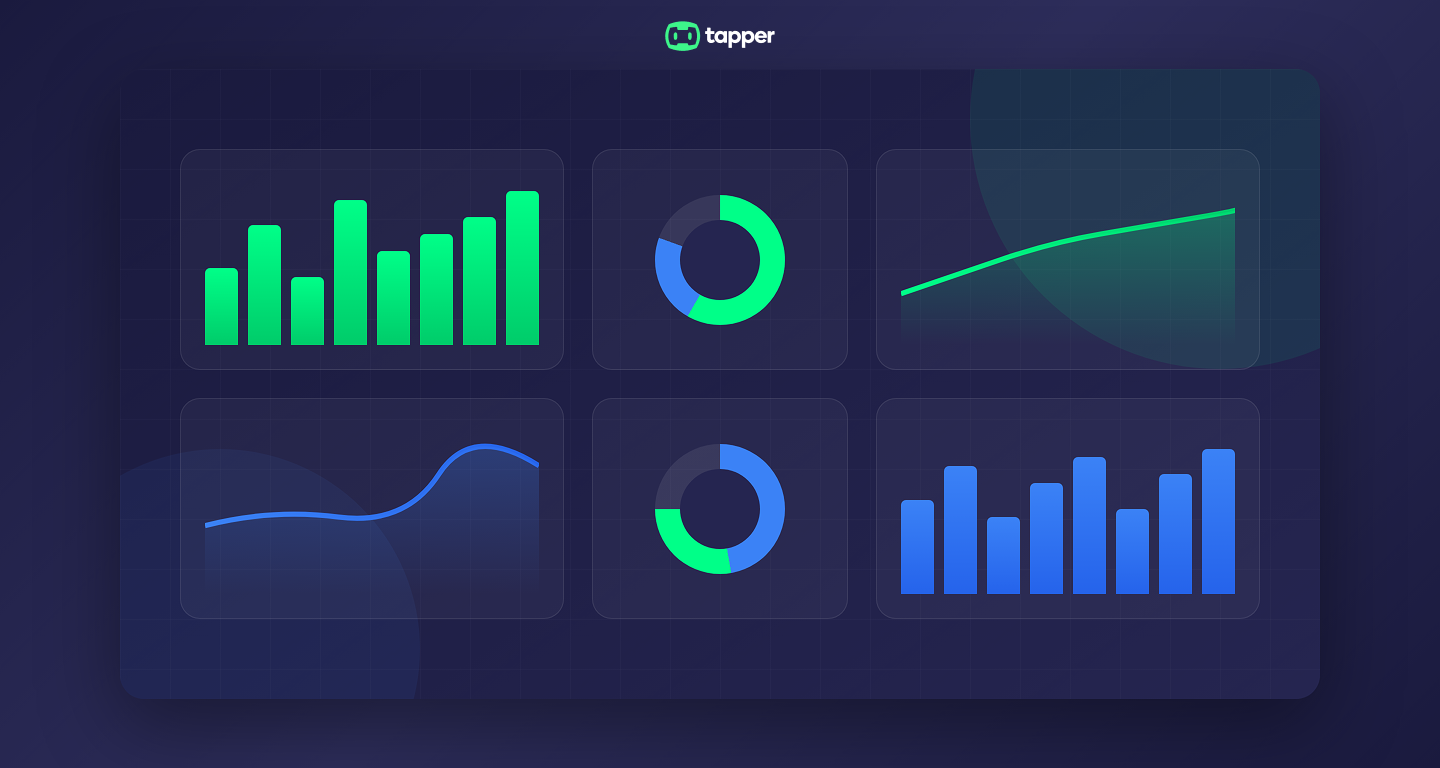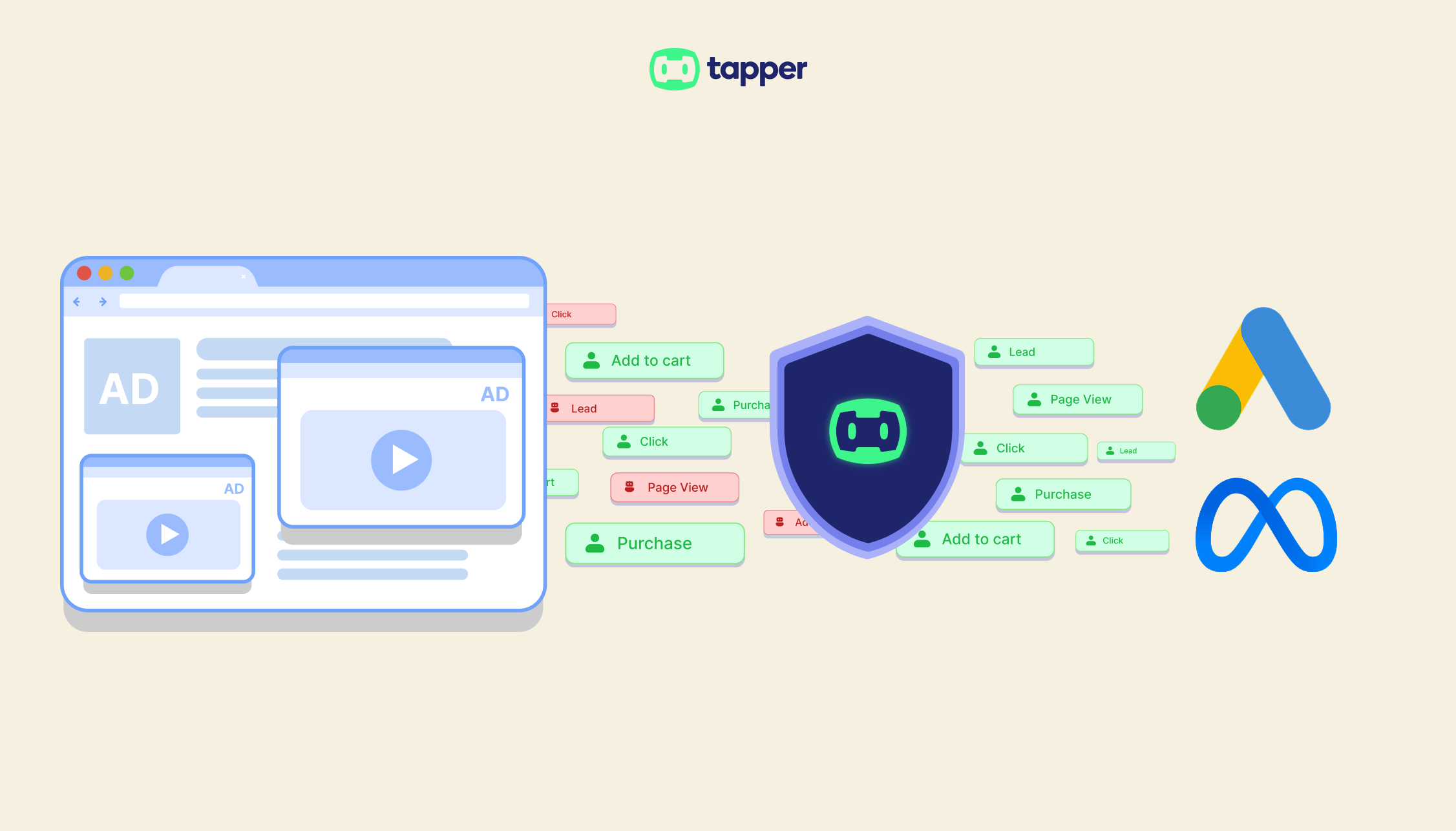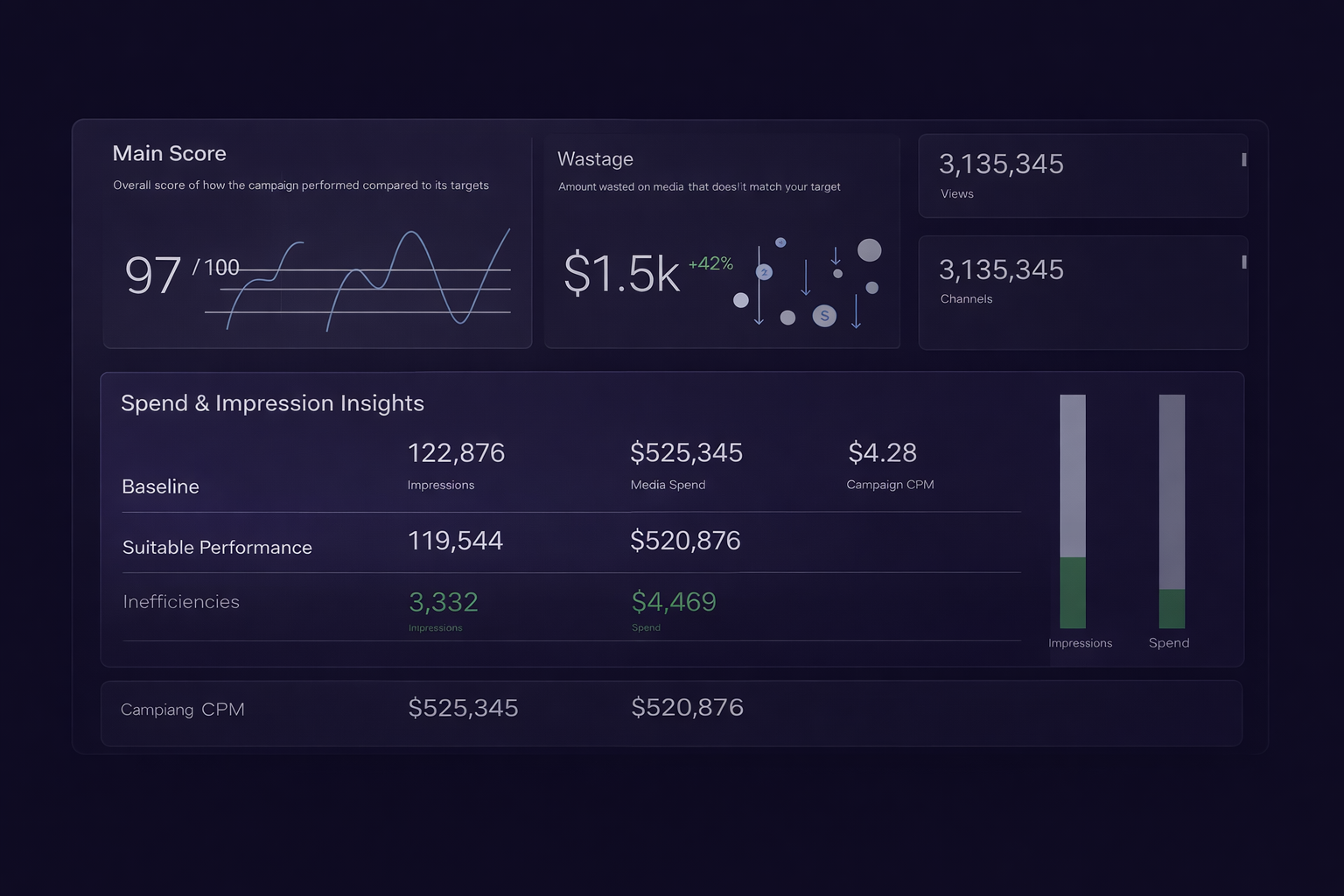Google Gemini AI and Ad Fraud: Why Advertisers Still Need Independent Protection
Lotfi Zazoun
•
Business Operations
•
September 8, 2025
•
2 min min read
Google’s Gemini AI reduced mobile ad fraud by 40%, but gaps remain. Advertisers still need Tapper’s independent, cross-channel protection for real-time fraud blocking and ROI control.

Google is rolling out Gemini AI, its advanced system for detecting invalid traffic (IVT) such as bots, fake clicks, and deceptive ad placements. In a 10-month pilot (Dec 2023–Oct 2024), Gemini reduced mobile IVT from disruptive ads by 40%.
While Gemini is an important move against ad fraud, it is not a full solution. Advertisers still need independent verification tools like Tapper to protect spend across all channels.
What Is Google Gemini AI?
Gemini AI is Google’s attempt to fight click fraud and ad fraud at scale. The system simulates real user behaviour: navigating websites, interacting with ads, and spotting manipulative formats such as hidden placements and forced pop-ups. Cases flagged by Gemini are then reviewed by humans to ensure accuracy.
Key Results from the Pilot
- 40% fewer invalid clicks from disruptive ads.
- Faster detection, though not fully automated.
- Fraud rates remain high: 18% on web, 31% on mobile (Pixalate, Q1 2025).
- Google removed 352 fraudulent Android apps (1.5B daily bid requests) and took legal action against malware operators.
- AI training improved, reducing data needed by 10,000x.
Google Gemini AI: Strengths and Limitations
Gemini AI does provide some valuable benefits. It can identify hidden ads, disruptive pop-ups, and accidental clicks with more accuracy than previous systems. This improves traffic quality within Google Ads and Google Ad Manager, helping to reduce certain forms of invalid traffic.
But the limitations are significant. Gemini does not block repeat clicks or inflated customer acquisition costs, leaving advertisers exposed to wasted spend. Its enforcement is also reactive, by the time fraudulent activity is removed, the budget may already have been consumed.
The scope of Gemini is another constraint. It only covers Google’s own ecosystem, offering no protection for campaigns on Meta, TikTok, programmatic networks, or affiliates.
Finally, Gemini provides no advertiser-level control. Marketers cannot set their own rules, customise thresholds, or independently verify what traffic is being filtered. This lack of transparency makes it difficult to fully trust or optimise campaign protection.
Why Tapper Is Still Essential for Ad Fraud Protection
Gemini AI is designed for Google’s policy enforcement, not for protecting advertiser ROI. Bad actors adapt quickly, and Google’s own team admits fraud is a constant cat-and-mouse game.
That’s why marketers need a second layer of independent click fraud protection. Tapper delivers:
- Real-time blocking of bots and invalid clicks before budget is wasted.
- Cross-channel coverage across Google, Meta, TikTok, programmatic, and affiliate networks.
- Custom rules (e.g. click frequency caps, device-level filters).
- Full transparency from click source to conversion.
- Incrementality monitoring to stop CAC inflation from repeat clicks.
By complementing Gemini, Tapper gives advertisers full control and visibility that platform-level tools cannot provide.
The Stakes for Advertisers
With IVT rates still at 18% on web and 31% on mobile apps, the financial impact is clear: wasted budgets, distorted performance signals, and slowed growth. Fraud also harms publishers and users through malware schemes and fake traffic networks.
Final Takeaway: Layered Ad Fraud Protection Is the Only Way Forward
Google’s Gemini AI is progress, but it won’t fully solve ad fraud:
- It ignores repeat and non-incremental clicks.
- It only works inside Google’s platforms.
- It doesn’t give advertisers control or transparency.
The best approach is layered protection, using Gemini’s system plus Tapper’s real-time, cross-channel prevention.
Run a free invalid traffic audit with Tapper to see where Gemini falls short and uncover hidden ad fraud in your campaigns.
Stop Paying for Fake Traffic
Run a 30-day Tapper trial to set your baseline CPA, block invalid traffic in real time, and receive a final report comparing your CPA before and after protection.
Get your free trial

